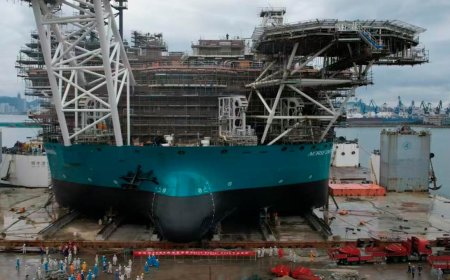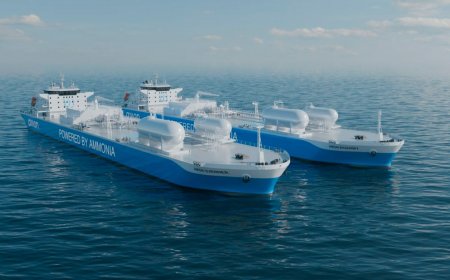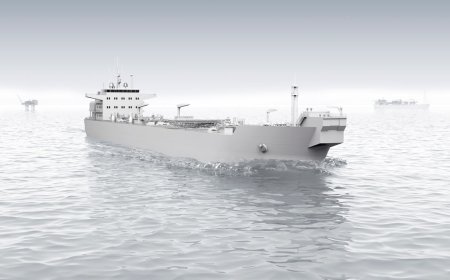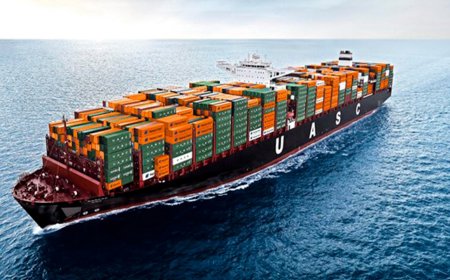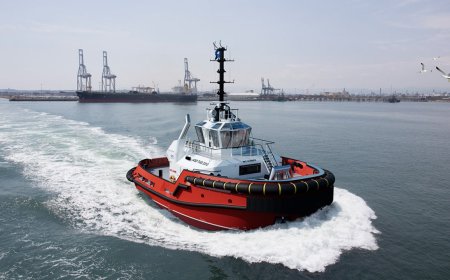NYK participates in marine biofuel data collection and analysis project
Eighteen companies and organizations are participating in this project, and demonstration trials will be conducted with an investment scale of approximately US$18 million.
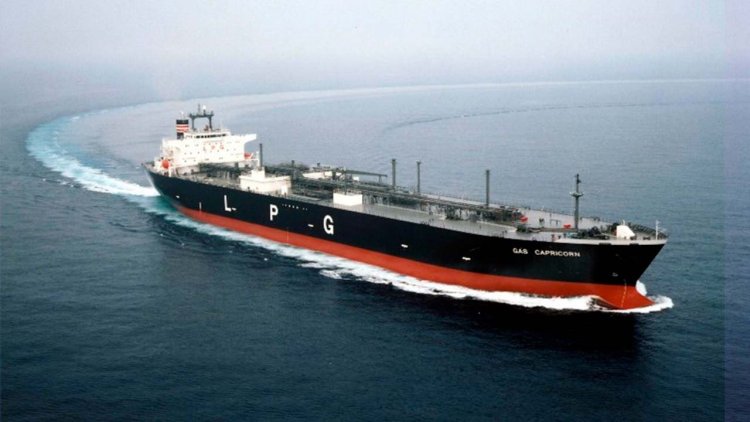
NYK and Astomos Energy Corporation have participated in a marine biofuel demonstration project launched by the Global Center for Maritime Decarbonisation (GCMD), a non-profit organization aiming to promote decarbonization of the maritime industry.
GCMD is a non-profit organization (NPO) established in August 2021, founded by the Maritime and Port Authority of Singapore (MPA) and 6 industry partners. It has launched this project to establish an assurance framework for ensuring the supply chain integrity of current and future green marine fuels, bringing genuine benefits to end-users and the climate.
Eighteen companies and organizations, including NYK and Astomos, are participating in this project, and demonstration trials will be conducted with an investment scale of approximately US$18 million. One of the objectives is to establish transparency in the biofuel supply chain with the use of tracer technologies, so this project is characterized by the participation of shipping companies as consumers.
Specifically, the shipping companies will conduct a trial operation using biofuels and provide GCMD with data on their biofuel use. By facilitating and creating an optimized drop-in green fuels supply chain, this pilot will help to shape national and international standards of biofuels for the maritime industry and lower the barrier for their wider adoption to reduce GHG emissions from a lifecycle perspective.
Biofuels can be used without remodeling the existing ship’s engines and infrastructure. Furthermore, although biofuels generate CO2 when combusted, they are considered carbon-neutral because they are made from plants and waste cooking oil. So, biofuels are expected to be one of the most promising next-generation fuels for decarbonization.
On the other hand, since biofuels have not been put into practical use in earnest, many data verifications, such as the mixing ratio with conventional fuels, are still needed.
In addition, since biofuels use fossil fuels in their production and transportation processes, they are not considered net-zero emissions in LCA. Moreover, the certification scheme is not standardized internationally, so the transparency of the biofuel supply chain is also an issue.

